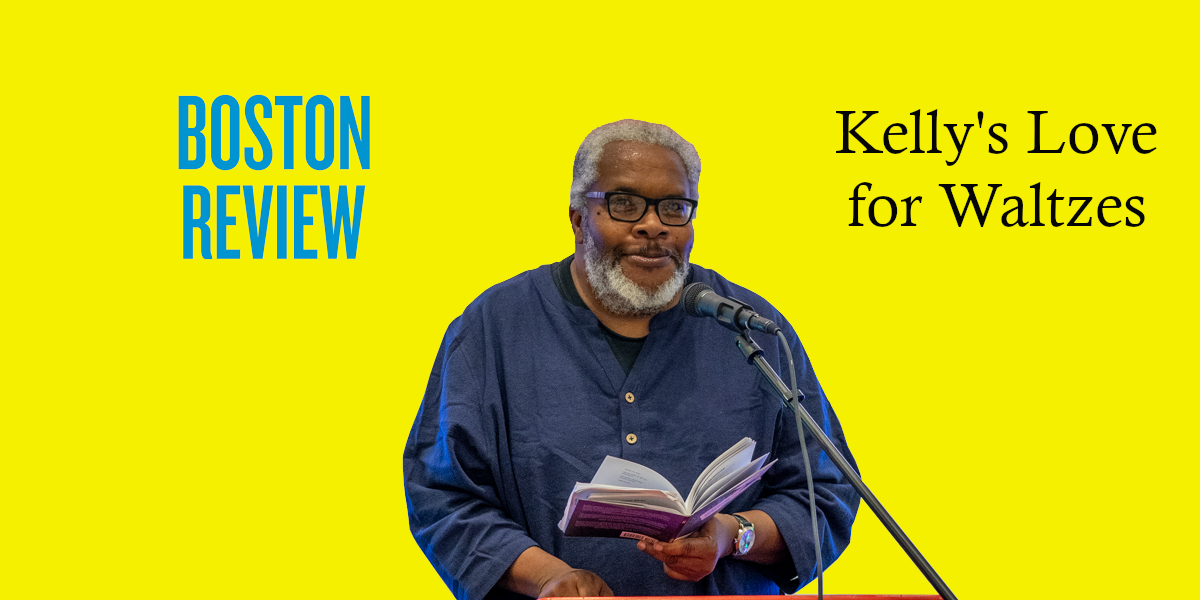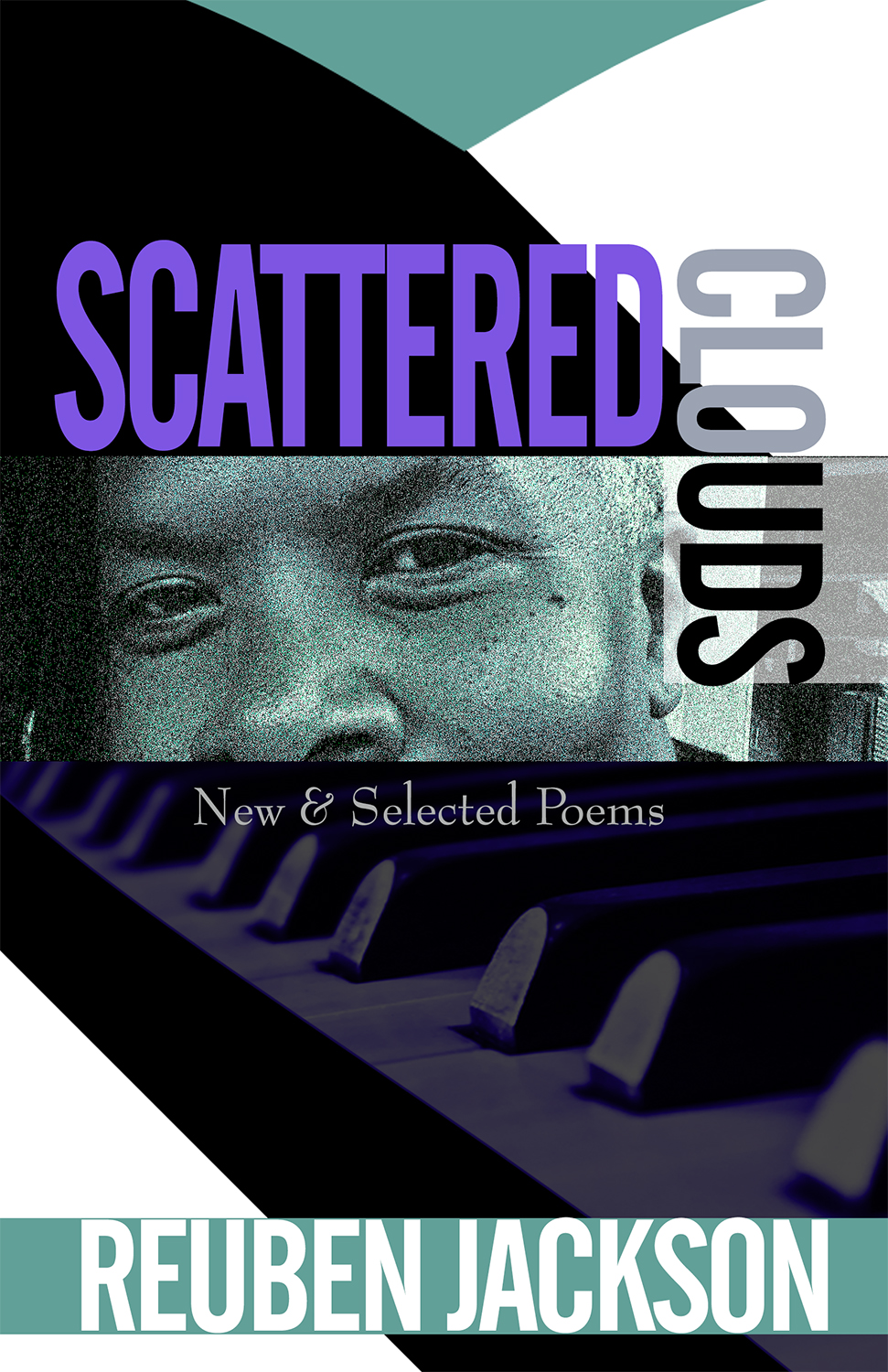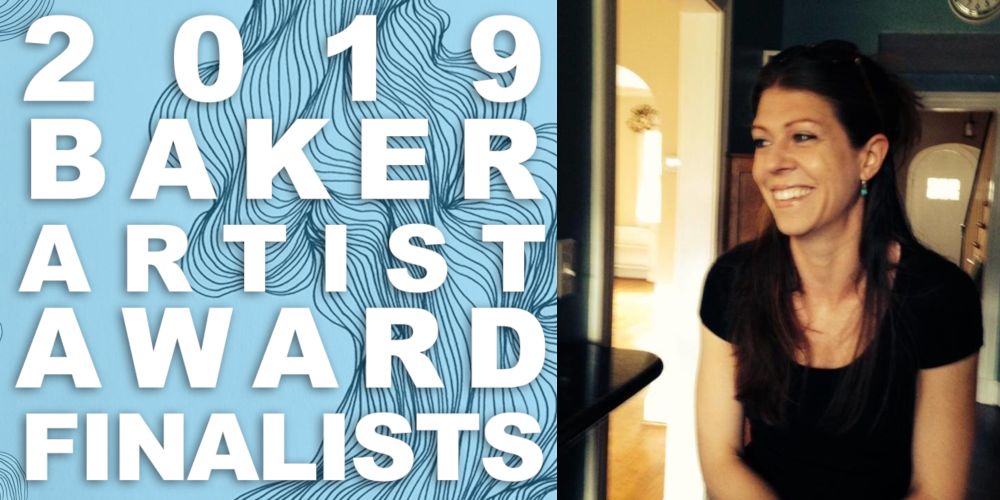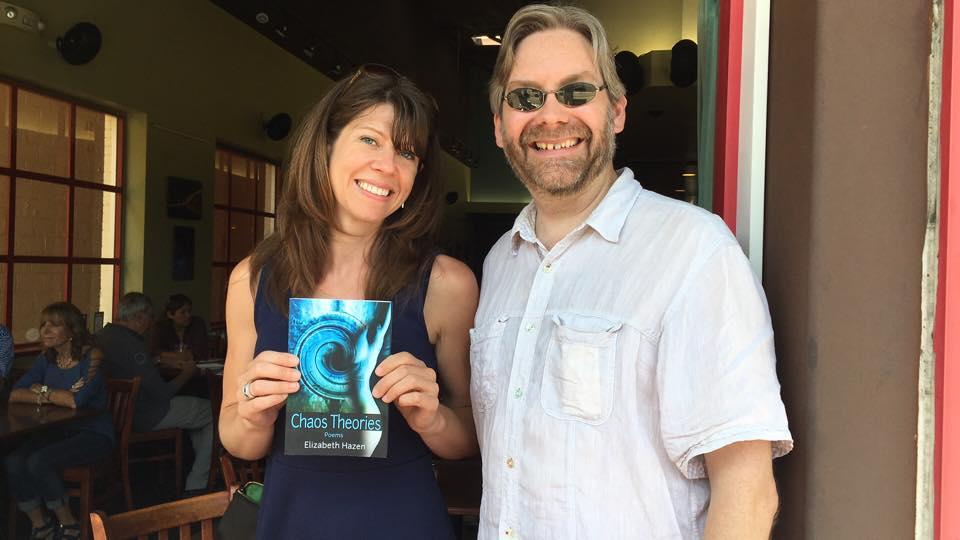Reuben Jackson Makes Banshee Press’ 2020 Best Short Readings List
Jackson's poetry cycle, "Kelly's Love for Waltzes" (published by Boston Review) is chosen by Jaydn Dewald for the year-end list.

THIS YEAR, the Irish publisher, Banshee Press, asked its editors and contributors to pick "their favourite shorter reads of the year." Poet, Jaydn Dewald, whose work has appeared in Banshee and numerous other journals, chose Reuben Jackson's poetry cycle "Kelly's Love for Waltzes" for the list. The cycle was originally published by Boston Review and includes poems that utilize a waltz-like form, each line containing three words.
In "Kelly's Love for Waltzes" Reuben, who achieved considerable recognition for his narrative-driven poetry about lovers Khadijah and Amir, showcases a new voice, that of Kelly, loud and frustrated over racial inequality. Reuben's most recent collection Scattered Clouds features a plethora of his narrative and character-based poetry, and includes of all of his Khadijah and Amir poems. You can pick that up from ASP here.
Scattered Clouds is a volume of lyrical, emotionally forthright meditations on love, loss, and longing. The volume contains the complete text of the author’s award-winning first collection, fingering the keys; his nationally lauded poem, “For Trayvon Martin”; and his suite of ruminations on a long-time and deeply missed friend, the late barbershop owner Amir Yasin, and his widow Khadijah Rollins. These poems, exploring Amir’s late-life romance with Kadijah, became a national internet sensation.
An introduction by poet Abdul Ali places Jackson in his rightful context as a Black American poetry elder, who has influenced generations of younger poets with his musical wisdom as well as his poetry. Ali is a Cave Canem alum and the author of the poetry collection, Trouble Sleeping.
Fiddlin’ Around in Ireland
Nothing buoys the spirits like a walk along Grafton Street. Gray day or sunny, it’s bright with noise and laughter. Loud “hellos,” babies crying, neighborly gossip, rich brogues and lilting Irish airs float up onto the breeze. Our chosen course allowed for a stroll through St. Stephen’s Green. Sunlight dappled the leafy brakes. Inspired by the moment, Lawrence liberated his fiddle and sawed out a hornpipe. He was joined in his performance by a pair of amorous ducks.
On Grafton street we were immediately surrounded by music. A couple of 9 and 10-year-old boys, Donald Reagon and Paul O’Neill, were delighting passersby with smooth moves on the fiddle and concertina. College students with shaved heads played sitars. Old men played jazz. A guitarist somewhere was plucking out George Harrison tunes and singing, “Here comes the sun, little darlin’ here comes the sun.”
On that musical street there was only one poet—a threadbare character who, for a pound or a punt (Irish pound) or nothing at all, would recite a poem by a poet of one’s choosing. I selected Yeats and was honored with “The Fiddler of Dooney”:
“When I play on my fiddle in Dooney, Folk dance like a wave of the sea . . .”
An Interview with Elizabeth Hazen, Baltimore Poet and Baker Award Finalist
Baltimore poet, Elizabeth Hazen’s first collection of poems is entitled Chaos Theories. Last week the young poet was announced as a finalists for the prestigious Baker Artist Award in literature. We sat down to talk with her about her experience in Baltimore as an artist and what programs like The Baker Awards mean to artists.
Elizabeth Hazen Announced as a Finalist for the 2019 Baker Award
This year, ASP’s own Elizabeth Hazen, author of the poetry collection Chaos Theories, is a finalist for the $10,000 literary honor. Hazen is a Baltimore resident and ardent supporter of the city’s burgeoning arts scene (named by Thrillist and Departures magazines as one of the best arts cities in America). She received her MFA from Johns Hopkins University and currently teaches English at the Calvert School in Baltimore.


